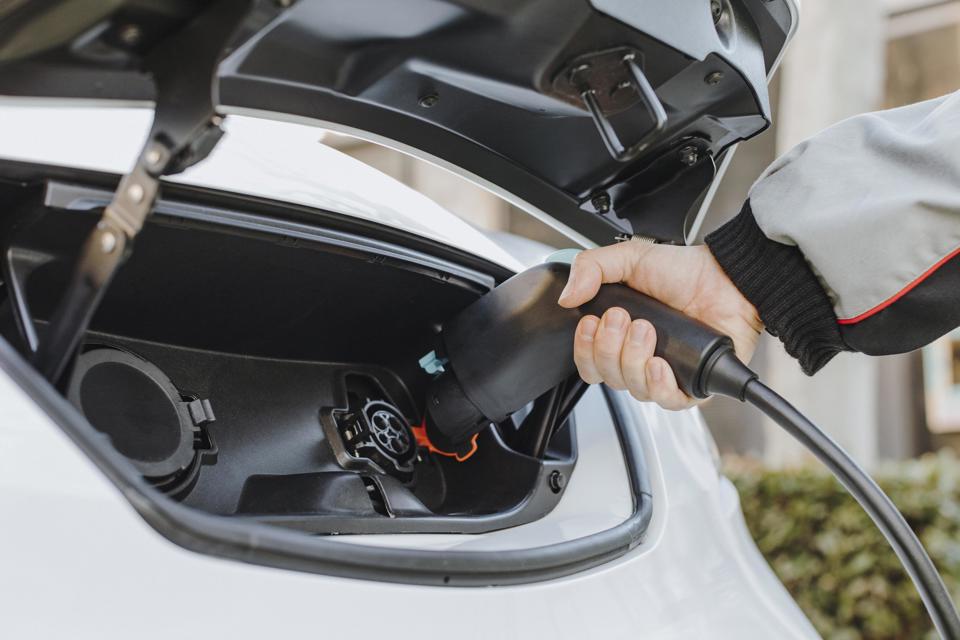The Government has stressed it has “no plans” to remove a concession allowing licence holders to drive an electric van up to 4.25 tonnes.
In 2018, UK law was changed so that the weight limit for Category B driving licence holders driving alternative-fuel vehicles (AFVs) could be increased from 3.5t to 4.25t. Such vehicles are also exempt from O licence rules.
At the time, with the UK a member of the EU, the change relied on a temporary derogation from the EU, which was issued by the European Commission in May 2018 for a period of five years, up to May 2023.
The Department for Transport (DfT) told Fleet News that the licence flexibility “remains in place” and the Government has “no plans" to remove this "flexibility for zero emission vehicles", as it continues to support the uptake of zero emission vans.
“A five-year review date was set for 2023 when the regulation was introduced in 2018, but we have no plans to remove this licensing flexibility,” a DfT spokesperson said.
National Grid fleet manager, Lorna McAtear, told Fleet News at 10, she welcomed the clarification from the DfT.
However, she said: "The complication comes when you have one or two of the manufacturers that have these vehicles have started to plate them as HGVs, put tacos (tachographs) in them, and you're now having to MOT them as if they're a HGV."
The process is so complex that McAtear has handed her 4.25t electric van back. "There's no point in having it," she continued.
"What's the point in this kind of vehicle if it's going to be too complicated for me to try and drive and maintain and look after, when the overall intention of it was to allow for the extra weight of the battery so that you still had your payload but this was still, to all intent and purposes, a van."
Complexities and uncertainties 'too much' for fleets
The Association of Fleet Professionals (AFP) has also highlighted how operational restrictions and uncertainties are creating issues for fleets adopting new 4.25 tonne electric vans.
As it is classed as an HGV, it needs an MOT test after 12 months and is also speed restricted, while tachograph regulations come into effect if the vehicle travels more than 100kms from base.
There are further layers of complication. For fleets operating in Northern Ireland, the 4.25 tonne exemptions stop at the border for those travelling from the north into the south and the vehicle needs to be covered by an international O licence.
AFP chair Paul Hollick said: “The whole 4.25 tonne concept is a sensible one, we believe, meaning that operators who would normally adopt 3.5 tonners can easily use larger electric vans while avoiding the central compromise on payload caused by battery weight. However, the real-world experience of fleets is that there are still serious obstacles to clear.
“In many cases, commercial users of 3.5 tonne vans are engineers of different types who travel across relatively wide areas, so the speed and tachograph restrictions are especially difficult in day-to-day terms while, we believe, adding nothing in terms of safety for a vehicle of this type.”
Hollick argues that if the idea of the concession is that fleets can easily choose a 4.25 tonne electric van instead of a 3.5 tonne diesel one, it’s “not currently possible”.
“There are just too many additional responsibilities and regulatory uncertainties,” he added.
“As the AFP has detailed in recent months, electric van adoption is generally proving much more difficult for many fleets than electric cars.
“This is especially true given concerns over range and payload, while unnecessary problems such as these 4.25 tonne issues create additional hurdles that are often difficult to resolve.
“We’ll be campaigning for the necessary changes and asking other industry bodies to support our efforts.”
The news around the 4.25t derogation comes as more than two thirds (69%) of respondents to a Government consultation believe drivers should be automatically entitled to drive vehicles up to 7.5 tonnes when they pass their driving test.
The DfT consultation, launched in August 2022, sought views on a series of changes to the driving licence regime, including allowing drivers to get behind the wheel of a vehicle weighing up to 7.5 tonnes, having only passed their car driving test.
The Government has yet to publish its response to a consultation on the 4.25t derogation that closed in October 2022.
Fleet News at 10 features a guest panel of leading fleet decision-makers discussing the month’s biggest news and hottest industry topics.
The next webinar take place on Friday June 30, from 10-11am. Register for free here.
























Login to comment
Comments
No comments have been made yet.